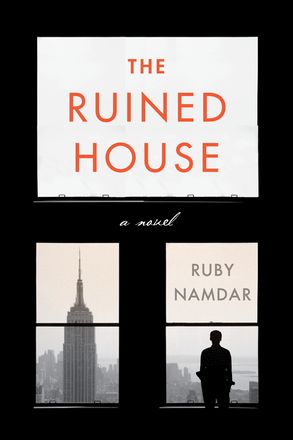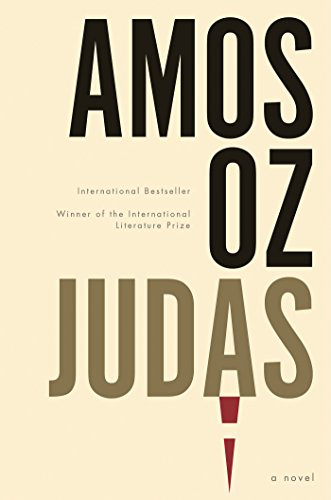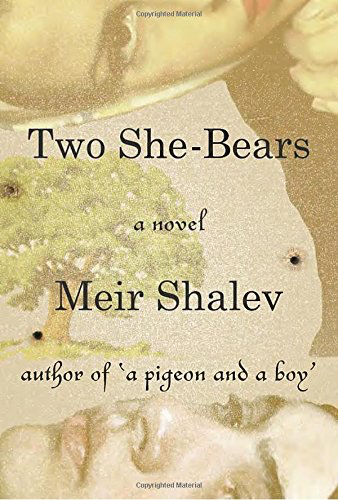This past winter I was one of 30 judges of the National Book Critics Circle’s John Leonard Prize for a first book. In March NBCC announced that the book I voted for, Luster by Raven Leilani, won the Leonard Prize. One of my fellow judges, Natalie Bakopoulos says, “On behalf of the NBCC membership, we are honored and delighted to present the John Leonard Prize to Raven Leilani for her brilliant novel, Luster. Luster’s artistry, wit, and narrative surprises make it a tremendous achievement, and its tender and raucous prose mirrors the narrator’s tender and raucous self.” Leonard judge Adam Dalva adds, “Luster is a compulsive book—compulsive to read, with compulsive, complex characters—that brilliantly captures the essence of its lead, Edie. She is a wonderfully depicted swirl of painting, video games, and longing.”
Other 2020 NBCC winners include Nicole R. Fleetwood, who won the criticism award for Marking Time: Art in the Age of Mass Incarceration (Harvard Univ. Press). Committee chair J. Howard Rosier calls the book “Profoundly revisionist,” as it “identifies the conditions under which incarcerated persons create art and taxonomizes its making.”
francine j. harris was awarded the poetry prize for Here Is the Sweet Hand (Farrar, Straus and Giroux), which, judge Megan Labrise says, gives the reader a “gentle caress, a gut punch, a come-hither curved finger, a rib-tickler, and a stop-sign palm,” sometimes “all five at once.” By “exploring femininity, blackness, queerness, nature, and institutions (political, academic, and disciplinary),” Labrise says, these poems “have the power to move.”
Cathy Park Hong won the prize in autobiography for Minor Feelings: An Asian American Reckoning (One World). Committee chair Marion Winik says, “Hong’s endlessly interesting blend of personal storytelling and cultural criticism digs into the personal to find the political, untangling the knots of privilege, envy, dissatisfaction, humiliation, and difference.”
The winner in the fiction category is Hamnet by Maggie O’Farrell (Knopf), in which the author imagines Shakespeare’s son Hamnet’s death from bubonic plague, lonely and agonizing yet marked by courage. O’Farrell “brings the boy so vividly to life the reader is stricken by his loss,” says judge Colette Bancroft.
The biography prize went to Stranger in the Shogun’s City: A Japanese Woman and Her World by Amy Stanley (Scribner). “Through the life of one persistent, defiant woman, Amy Stanley reveals the sweep of 19th century Japan, how the tiny fishing village of Edo became the global city Tokyo,” says committee chair Elizabeth Taylor.
Nonfiction recipient Tom Zoellner’s Island on Fire: The Revolt That Ended Slavery in the British Empire (Harvard Univ. Press) “engagingly excavates shrouded history,” says judge Carlin Romano, to show how “heroic Jamaican freedom fighters catalyzed the end of slavery in the British Empire,” and in the process “restores these martyrs to their rightful place in the pantheon of justice.”
The recipient of the 2020 Nona Balakian Citation for Excellence in Reviewing, given to an NBCC member for exceptional critical work, was Jo Livingstone, culture staff writer at the New Republic, where they primarily contribute book criticism in addition to film and music coverage. Their writing has also recently appeared in the New York Times, the Times Literary Supplement, and Bookforum. Committee chair Colette Bancroft says, “Livingstone submitted a collection of three reviews of books that ranged from Samantha Irby’s earthy and hilarious personal essays to Christopher Chitty’s deeply researched history of the relationship between sexuality and capital, with a bounce into the thorny autofiction of the latest Martin Amis novel. In each case Livingstone brought to bear keen intelligence, wide-ranging knowledge, surprising perceptions and beautiful writing.”
The recipient of the Ivan Sandrof Lifetime Achievement Award was The Feminist Press. For 50 years, the Feminist Press has been at the forefront of activism for women’s equality. The Feminist Press started by publishing influential works that had been out of print, including, crucially, Charlotte Perkins Gilman’s The Yellow Wall-Paper, now widely considered a classic of American literature. Over the years, they’ve published books by Anita Hill, Grace Paley, Barbara Ehrenreich, and Pussy Riot. They also publish Women’s Studies Quarterly, the influential journal that was established by the press in 1972. They remain on the vanguard of the feminist movement, and continue to publish essential works of American and international literature, including recent critically acclaimed books by Emily Hashimoto and Juliana Delgado Lopera, an unearthed classic by Harlem Renaissance writer Dorothy West, and one of this year’s finalists in the NBCC’s criticism category, Grieving by Cristina Rivera Garza. Committee chair Michael Schaub says: “[The Press’s] mission statement reads, ‘Celebrating our legacy, we lift up insurgent and marginalized voices from around the world to build a more just future,’ and that’s exactly what they’ve done. Their literature over the past five decades has made the world a better place for everyone.”
All 2020 NBCC prize winners are listed here: https://www.bookcritics.org/awards/ #Bookcritics.org #leonardprize
















